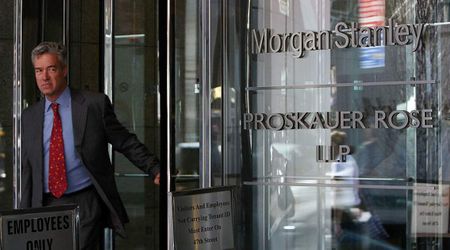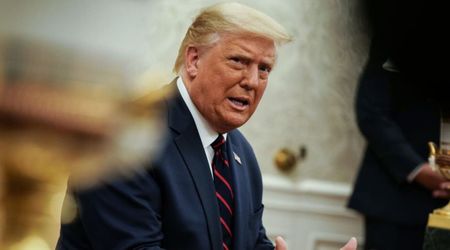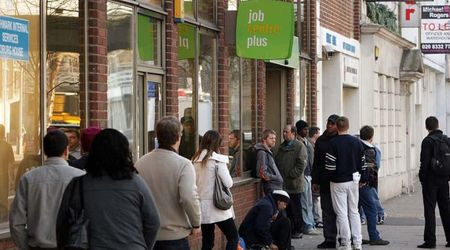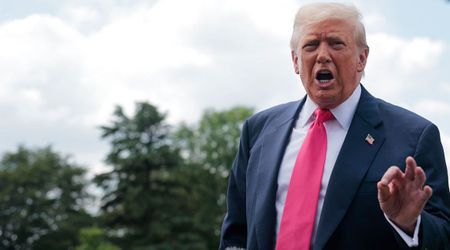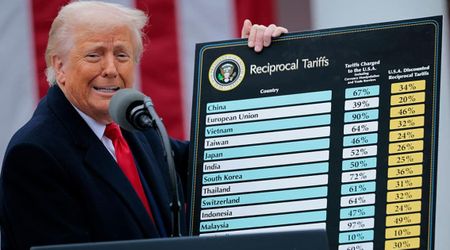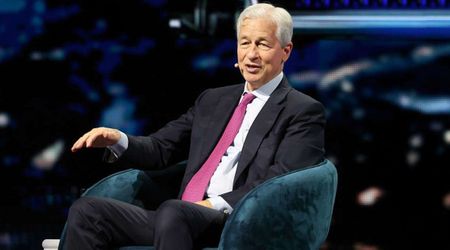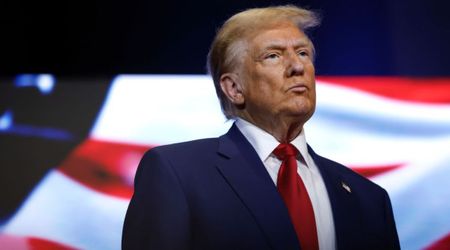Woman Files Lawsuit Against Bank of America After Losing $2 Million to Imposter Scam

The Bank of America (BofA) has been hit with a lawsuit by an elderly woman who lost millions of dollars to scammers. The lawsuit accuses the bank of negligence, breach of contract, and violation of federal law. The case was lodged by Lynne Bucklin, a 67-year-old Florida resident, who alleges that the bank failed to adequately protect her from an impersonation scheme that drained $2 million from her account, The Daily Hodl reported.

Here’s How the FTC Imposter Scam Unfolded
According to Bucklin, the multi-million dollar scam started when she received emails and phone calls from imposters pretending to be Federal Trade Commission (FTC) investigators. The scammers told Bucklin that her social security number was compromised and she needed to take action to protect her accounts.
One of the scammers posed as an FTC official named Bruce Williams and sent his purported credentials, badge, and badge number to Bucklin to gain her confidence. He further sent a copy of an FTC letter saying that her accounts were being investigated for fraudulent activity as well.
Bucklin fell for the scammers façade and took the threat to her accounts seriously. She eventually followed the instructions given by the scammers which led to her losing about $2 million.
Bucklin's Fight Against Bank of America
At first, she reached out to BofA with a complaint in an attempt to recoup her funds. However, the bank claimed it was only able to recover $500,000 before shutting down Bucklin’s case.
Bucklin has now accused the mega lender of green-lighting the transfers even though the transactions were out of the ordinary. She is seeking the assistance of the justice system, alleging negligent hiring, breach of contract, and violations of the Electronic Funds Transfer Act and the Florida Uniform Commercial Code.
“Despite the irregularity of the transactions, Bucklin’s bank representatives failed to question their validity. Furthermore, the scammer gained remote access to her computer to manipulate accounts and steal her identity,” the lawsuit states, according to the Daily Hodl.
In a similar case in the UK, a man who lost his life savings in a crypto scam, was able to get all the money back from his bank. In this case, the retired public servant recovered the lost six-figure sum by going against his bank with the help of the Trading Standards, which helped in one of the biggest cases of the Financial Ombudsman.
A County Down man who was scammed out of his entire pension pot and life savings has had almost all of his money returned.
— BBC News NI (@BBCNewsNI) February 7, 2024
By @TaraMillsTV https://t.co/RBLGyK1wvv
The man told BBC that he fought for almost two years to get his money back after being turned down multiple times by the Financial Ombudsman and his bank.
However, authorities of the Trading Standards helped the man win the case because as a code of practice, all banks have some responsibility in terms of protecting their customers from crime and fraud.
Surge in Imposter Scams
Last month, the FTC issued a warning against imposter scams in which criminals pretend to be its staff members to steal from unsuspecting citizens. As per the FTC, imposter scams cost Americans billions last year and they have a new high this year with the media loss going up to $7,000 in 2024 from $3,000 in 2019.
In 2023, Americans reported losing nearly $2.7 billion to "imposter scams," where the scammer pretends to be someone you trust to convince you to send them money or provide personal information. Learn ways to spot them: https://t.co/AdRLLDUze8
— FTC (@FTC) February 16, 2024
FTC says that its agents will never ask for money to safeguard the assets of a citizen. Furthermore, the FTC will never ask for remote control of devices or payments in crypto, gift cards, wire transfers, etc.




